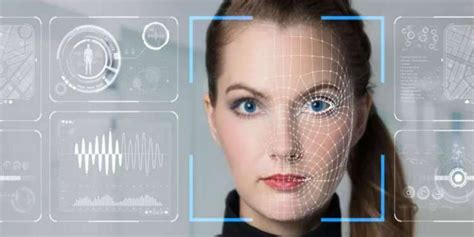In a perfect world, developments in technology, such as facial recognition, would uniformly enhance our lives, providing safety, security, and fairness. However, the implementation of facial recognition technology in retail environments illustrates a much more complicated reality. Those tasked with curbing shoplifting have adopted this technology to identify and deter repeat offenders automatically. Such measures, while seemingly efficient on the surface, routinely misfire, resulting in **innocent individuals** being wrongly accused of theft, as shown in a recent case that has brought this issue into sharp focus.
According to various discussions and data, facial recognition systems have a relatively high failure rate. For instance, the Metropolitan Police in the UK admitted that around one in every 33,000 people who walk by its cameras is erroneously flagged. On closer examination, the error rate for individuals actively flagged is even more alarming, with one in 40 alerts turning out to be false positives. This figure starkly illustrates that the technology is far from perfect and can result in significant **real-world consequences**.
Legal discussions around these errors are ongoing. In the UK, the process to prove libel or slander involves demonstrating that a third party was informed of the false accusation. In the case of facial recognition technology, when a store employee informs someone that they are a thief based on a machine’s assessment, it can potentially be argued that the store is guilty of libel, especially if the accusation occurs in front of other customers. Yet, as one commenter pointed out, if the statement is made publicly, it could fall under **UK defamation law**, requiring the defendant (the store) to prove the accuracy of their claim.
Moreover, from a psychological and social perspective, the harm inflicted by such wrongful accusations cannot be underestimated. Being labeled as a thief in public not only causes immediate embarrassment and distress but can lead to longer-term **stigma** and emotional trauma. The assumption of guilt until proven innocent flips customary legal standards on their head, as is noted by many who have been affected by these systems. This equipment inadvertently promotes a deep-seated distrust in technology and its deployers.
Further complicating matters is the issue of accessibility and recourse. One’s ability to challenge these erroneous accusations legally often depends on financial resources and social leverage. This situation fosters a **deep divide**, where those with fewer resources remain voiceless and unjustly punished, while those affluent enough can seek redress. A comment highlighted this disparity by suggesting that only those who appear wealthy enough to pursue legal action would be treated with any substantial caution by the system’s operators.
From a broader societal angle, the encroachment of surveillance technology into everyday life raises disturbing questions about civil liberties. Critics argue, citing their own countries’ experiences, such as China’s extensive surveillance state, that accepting these technologies sets a dangerous precedent. Allowing such technologies into public spaces without robust safeguards and regulations risks sliding into a dystopian reality where privacy is a relic of the past, and **individual freedoms** are consistently compromised.
Thus, as we forge ahead into a technologically sophisticated era, it is imperative to question and critically assess how these advancements impact human rights and social justice. Proper legislation, ethical guidelines, and transparent oversight can help ensure that technologies like facial recognition are used responsibly. Rather than giving these tools carte blanche to operate unchecked, a balanced approach that both safeguards **public security** and **individual privacy** is crucial. Only through such measures can we hope to leverage technology for the collective good without sacrificing the very values we seek to protect.


Leave a Reply